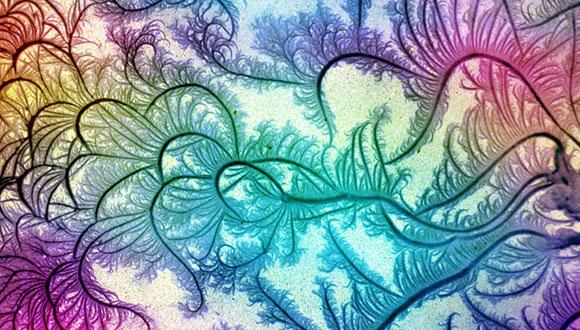Condensed Matter Physics Seminar: Quench dynamics in low-dimensional quantum models of many body systems
Prof. Natan Andrei, Rutgers
Abstract:
I will describe nonequilibrium dynamics in interacting quantum systems mainly using the protocol of quenching the systems and following their evolution in time. I'll discuss the evolution of the Lieb-Liniger system, a gas of interacting bosons moving on the continuous infinite line and interacting via a short range potential.
Considering first a finite number of bosons on the line I show that for any value of repulsive coupling the system asymptotes towards a strongly repulsive gas for any initial state, while for an attractive coupling, the system forms a maximal bound state that dominates at longer times. In either case the system equilibrates but does not thermalize, an effect that is consistent with prethermalization. Then considering the system in the thermodynamic limit - with the number of bosons and the system size sent to infinity at a constant density with the long time limit taken subsequently - I'll discuss the equilibration of the density and density-density correlation functions for strong but finite positive coupling and show they are described by GGE (generalized Gibbs ensemble) for translationally invariant initial states with short range correlations. If the initial state is strongly non translational invariant the system evolves into a nonequilibrium steady state (NESS). I will give some examples of quenches: from a Mott insulator initial state or from a domain wall configuration or a Newton’s Cradle. I also will show that if the coupling constant is negative the GGE fails for most initial states in the Lieb-Liniger model. If time permits I shall discuss the quench dynamics of the XXZ Heisenberg chain.
Seminar Organizer: Prof. Shimshon Barad


